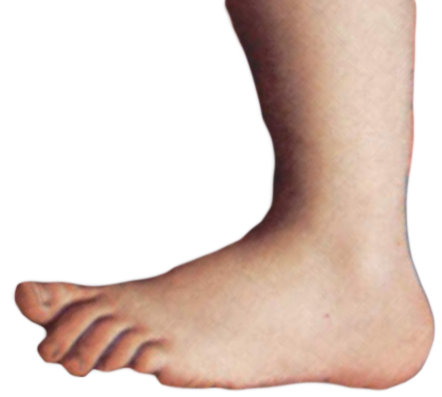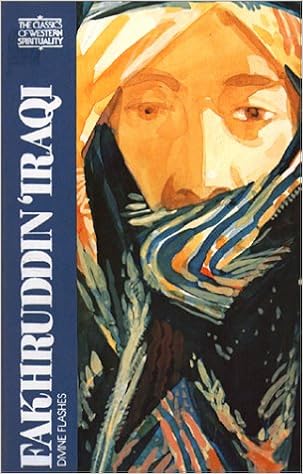What's so great about literature? Doesn't it just say things in a roundabout way when saying it plainly would be much more effective?
No! And now, at last, thanks to Professor Philip Davis at Liverpool University (blessings upon him!) we have proof that's the case.
Professor Davis got together with some brain-scanning people at the university's magnetic resonance centre to see what happens when people read, amongst others, Shakespeare and Wordsworth. The results are completely fascinating, because it's turned out that it's the roundabout, difficult, or surprising bits of language that make the brain light up.
Cleverly, Professor Davis and his team then compared the effect of reading classic literature with the effect of reading the same passage redrafted into plain prose - and what was the result? The reaction from the brain was much reduced. Professor Davis talks of the ability of literature to 'shift mental pathways, to create new thoughts, shapes and connections'.
Poetry, in particular, stimulates the part of the brain that's important for autobiographical memory, prompting reflection on its relevance to the reader's own life.
For instance, the passage from King Lear:* 'A father and a gracious man: him have you madded' sent fireworks through the brain at that last strange word. When madded was changed to enraged, the effect on the brain was much less.
The same sort of thing happened with a passage from Wordsworth's Lucy Poems:
'She lived unknown, and few could know
When Lucy ceased to be:
But she is in her grave, and, oh,
The difference to me!'
When it was replaced with 'She lived a lonely life in the country, and nobody seems to know or care, but now she is dead, and I feel her loss', as anyone with eyes to see and ears to hear will already know, the passage didn't have nearly the same power.
Having been brought up in a family which saw no point to literature at all I feel like dancing in the street. Science has finally vindicated me (see? I wasn't wasting my time, after all!).
In fact, I think I might go and do a quick twirl now.
Yippee!
Word To Use Today: Lucy. This name Lucy comes from the Latin man's name Lucius meaning of light (perhaps born at dawn, or with a light or shiny complexion).
*The King Lear passage actually goes:
A father, and a gracious man,
Whose reverence even the head-lugged bear would lick,
Most barbarous, most degenerate, have you madded.
Presumably Professor Davis used the whole thing, but that's not clear from my source.

































